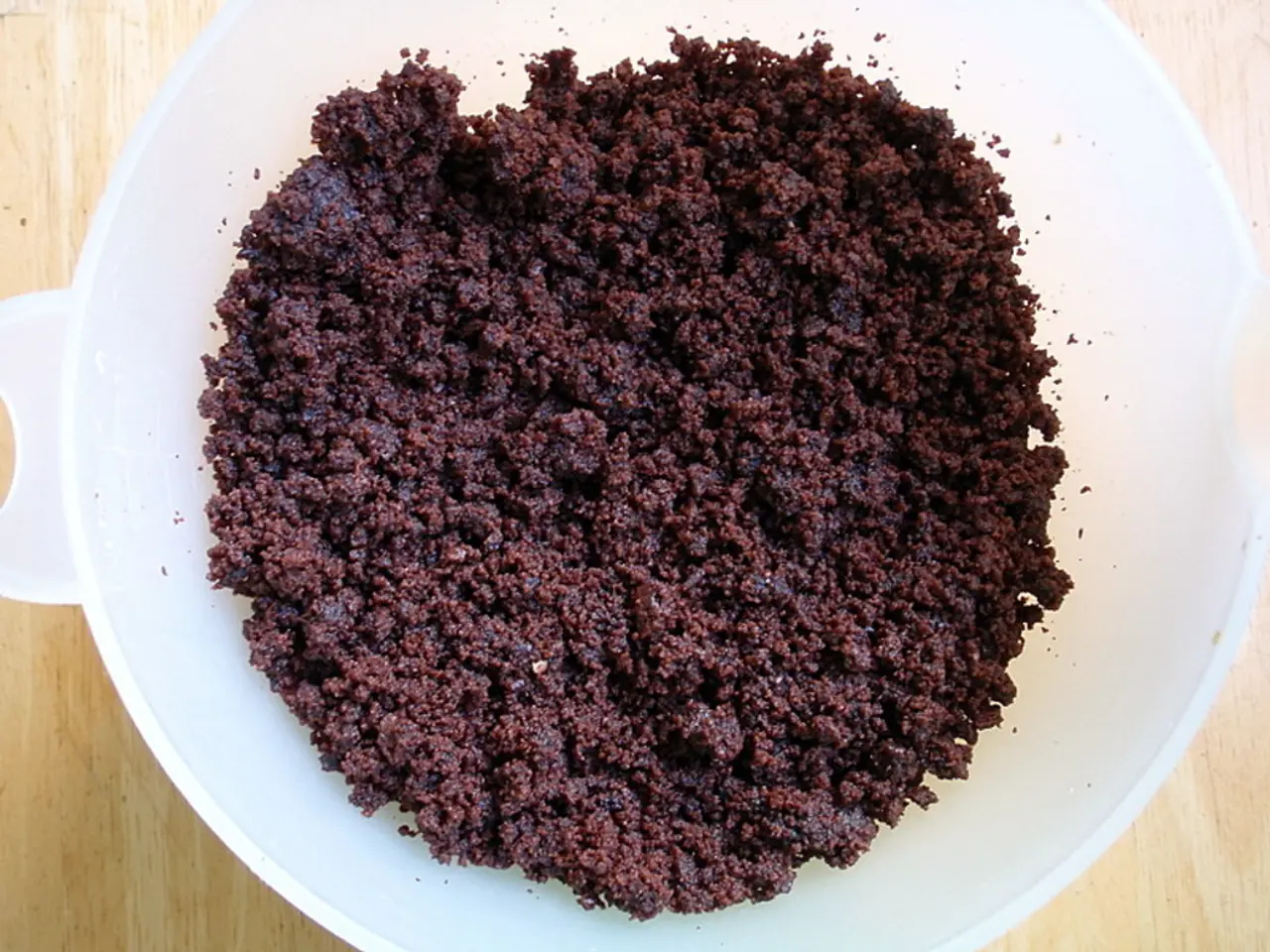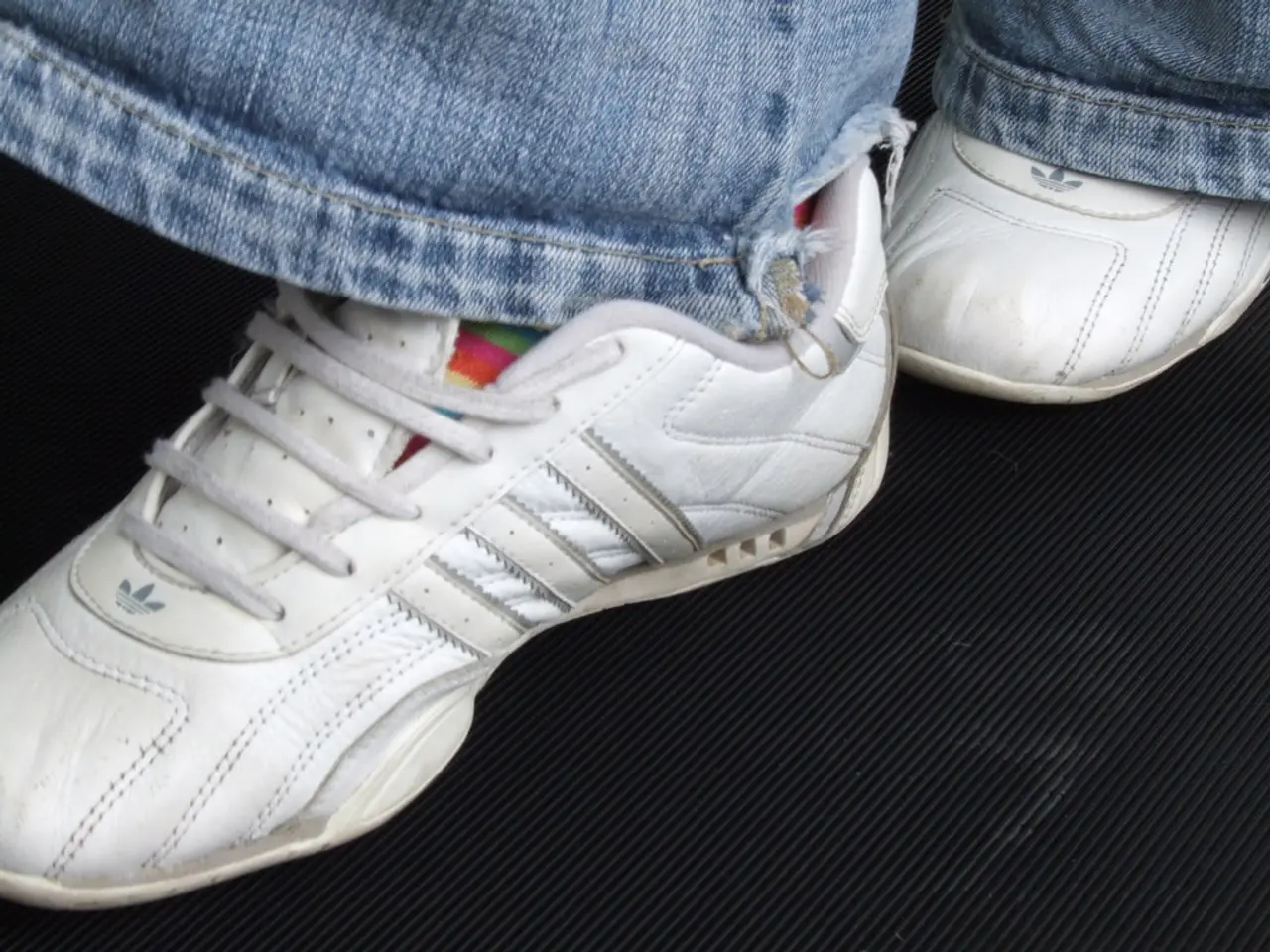Resuming intimate relations after childbirth: Timing for continued activity explored
After nine months of pregnancy, the focus for new parents often shifts to bonding with their newborn. However, an important aspect that may not be immediately discussed is resuming sexual activity postpartum. This article provides a guide on the recommended timeline, managing common issues such as vaginal dryness and dyspareunia, and advice for a comfortable return to intimacy.
Generally, the recommended timeline for resuming sexual intercourse after childbirth is around 4 to 6 weeks postpartum. This allows ample time for the uterus to heal and any vaginal tears or episiotomies to recover properly. However, the exact timing can vary depending on individual healing, type of delivery (vaginal or cesarean), and any complications during childbirth. Women are advised to wait until bleeding (lochia) has stopped and they feel physically and emotionally ready before resuming sexual activity.
Managing vaginal dryness and dyspareunia (painful intercourse) during the healing process involves several strategies. The use of vaginal lubricants and moisturizers, such as K-Y Jelly, Astroglide, Replens, or KY Liquibeads, can reduce friction and discomfort. Vaginal moisturizers can be used regularly (every few days) to maintain tissue hydration and health. For women experiencing significant vaginal dryness, especially beyond the early postpartum period or if breastfeeding-related estrogen reduction persists, a doctor may recommend low-dose vaginal estrogen creams, tablets, or rings to improve vaginal tissue health. Refraining from use of douches, scented soaps, bubble baths, and lotions near the vaginal area helps prevent irritation and worsening dryness.
Gradual resumption of sexual activity, engaging in gentle vaginal stimulation, with or without a partner, can help maintain vaginal tissue elasticity and blood flow, facilitating recovery and reducing pain during intercourse. It is crucial for women to communicate openly with their healthcare provider about their symptoms and comfort level to receive tailored advice and treatment. Persistent pain or dryness beyond the expected healing timeframe should be evaluated as it may require specific medical management.
Following childbirth, a couple should generally avoid sexual intercourse for 4-6 weeks following vaginal delivery or 6 weeks following cesarean delivery, perineal tear, or episiotomy. Breastfeeding can reduce a person's sex drive. Kegel exercises can help provide strength and stability to the vaginal area following delivery, making sex less painful and more enjoyable over time.
For immediate contraception, people may consider barrier options, such as condoms, or progestin-only contraceptives, such as Depo-Provera or the mini-pill. Some people may benefit from an appointment with a pelvic floor rehabilitation specialist to evaluate and treat painful postpartum sex. Steps that can reduce painful sex, or dyspareunia, after pregnancy include controlling the depth of penetration, increasing vaginal lubrication, taking pain medication, emptying the bladder, taking a warm bath, and using vaginal lubrication such as over-the-counter creams or gels.
In summary, a balanced approach that considers healing time and symptom management is essential for a comfortable return to sexual activity after childbirth. Open communication with healthcare providers is crucial for personalised advice and treatment.
- After the six-week mark postpartum, it's generally advisable to resume sexual intercourse, providing that the uterus has healed, any vaginal tears or episiotomies have recovered, and bleeding has stopped.
- Some strategies for managing vaginal dryness and painful intercourse during healing include using lubricants and moisturizers, like K-Y Jelly or Replens, and practicing kegel exercises to strengthen the vaginal area.
- Women who experience persistent dryness beyond the early postpartum period may require low-dose vaginal estrogen creams, tablets, or rings for improved vaginal tissue health.
- For immediate contraception, couples can consider options such as condoms or progestin-only contraceptives, and some may find it beneficial to consult a pelvic floor rehabilitation specialist for treatment.
- Regardless of delivery method, a couple should avoid sexual intercourse for at least 4-6 weeks following childbirth to ensure proper healing.
- Maintaining vaginal tissue elasticity and blood flow through gradual resumption of sexual activity can help facilitate recovery and reduce pain during intercourse.
- The goal towards a comfortable return to sexual activity postpartum should involve a balanced approach that considers symptom management and healing time, open communication with healthcare providers, and a focus on overall women’s health and wellness that concerns family health and parenting.




